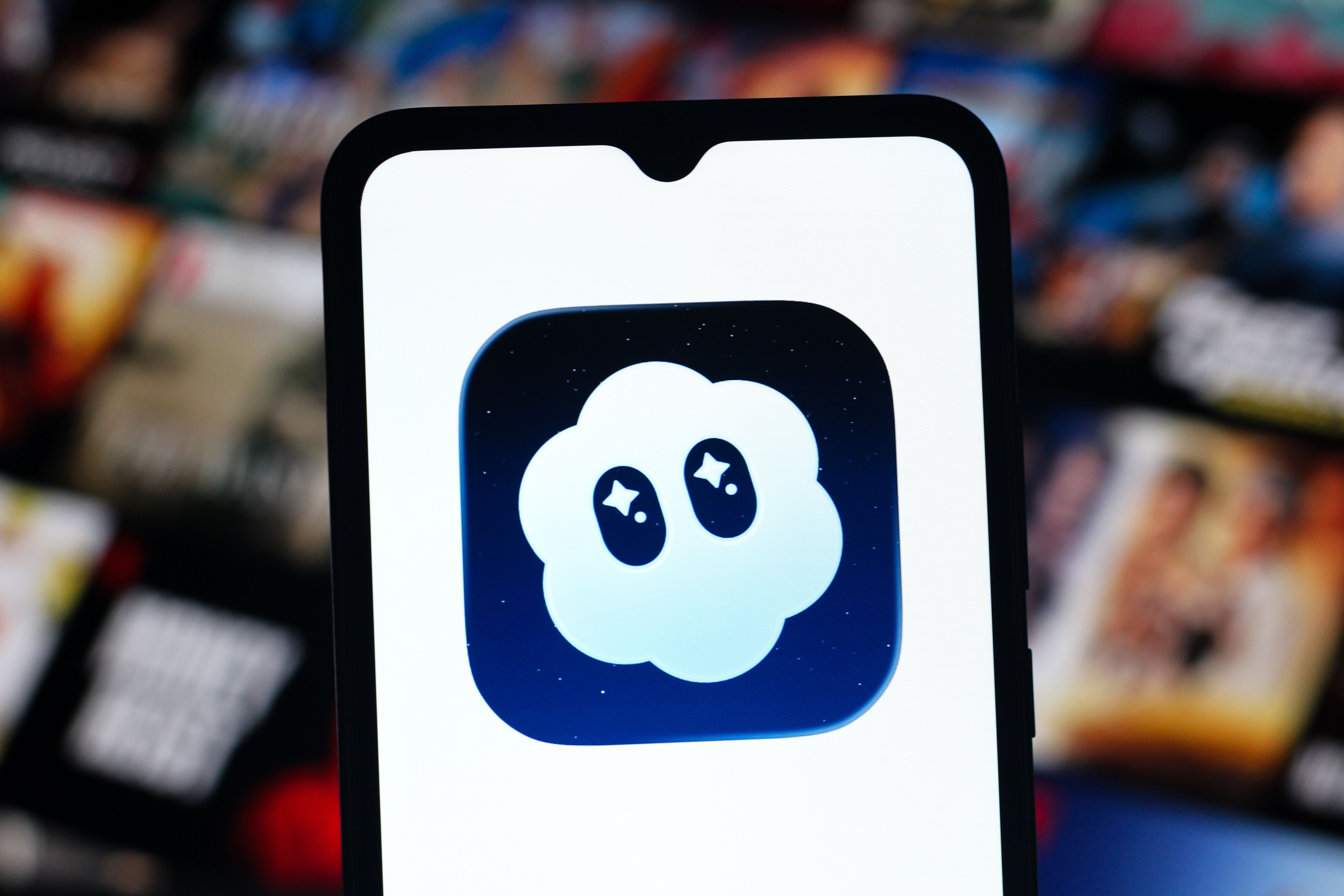OpenAI just announced official fictional character licensing for Sora, marking a dramatic shift from the copyright chaos that's plagued the video platform since launch. The move comes after widespread abuse featuring unauthorized content like Nazi SpongeBobs and criminal Pokémon, with CEO Sam Altman promising revenue sharing with rightsholders starting "very soon."
OpenAI is scrambling to legitimize fictional character usage on Sora after months of copyright chaos turned the video platform into what some call an "infringement machine." The company's announcement of official character licensing represents a complete about-face from its hands-off approach that let users generate everything from meth-cooking SpongeBobs to Nazi versions of beloved cartoon characters.
Bill Peebles, who leads the Sora team, confirmed on X that sanctioned fictional character appearances - what he calls "cameos" - are now "on the roadmap" with details expected "soon." It's a careful choice of words that suggests OpenAI is still working out the legal framework with major studios and content owners.
The timing isn't coincidental. CEO Sam Altman published a blog post over the weekend announcing a fundamental policy shift from opt-out to opt-in copyright controls. Under the old system, rightsholders had to actively request removal of their content - a reactive approach that left the platform flooded with unauthorized uses of copyrighted characters.
"Rightsholders are very excited for this new kind of 'interactive fan fiction,'" Altman wrote, positioning the change as collaborative rather than defensive. He's promising "more granular control" similar to Sora's existing opt-in model for personal likeness rights, but with additional safeguards for fictional properties.
The revenue sharing component could be the real game-changer. Altman confirmed that some form of payment to rightsholders "will start very soon," though he admitted the exact model "will likely take some trial and error to figure out." Industry sources suggest OpenAI is exploring everything from per-use licensing fees to percentage-based royalties on premium Sora subscriptions.
This represents a massive shift for an AI company that's historically pushed boundaries first and asked permission later. The original Sora launch faced immediate backlash when users discovered they could generate videos featuring popular characters in compromising or offensive situations. Reports from Futurism and documented particularly egregious examples that sparked legal threats from major studios.












